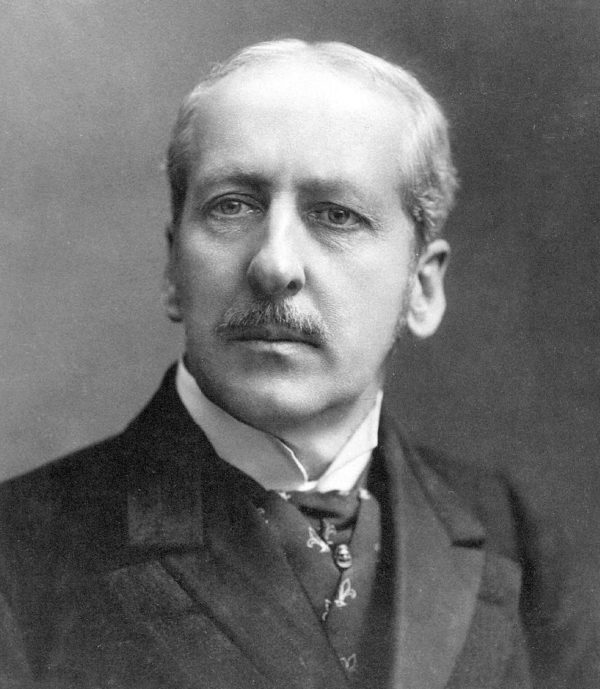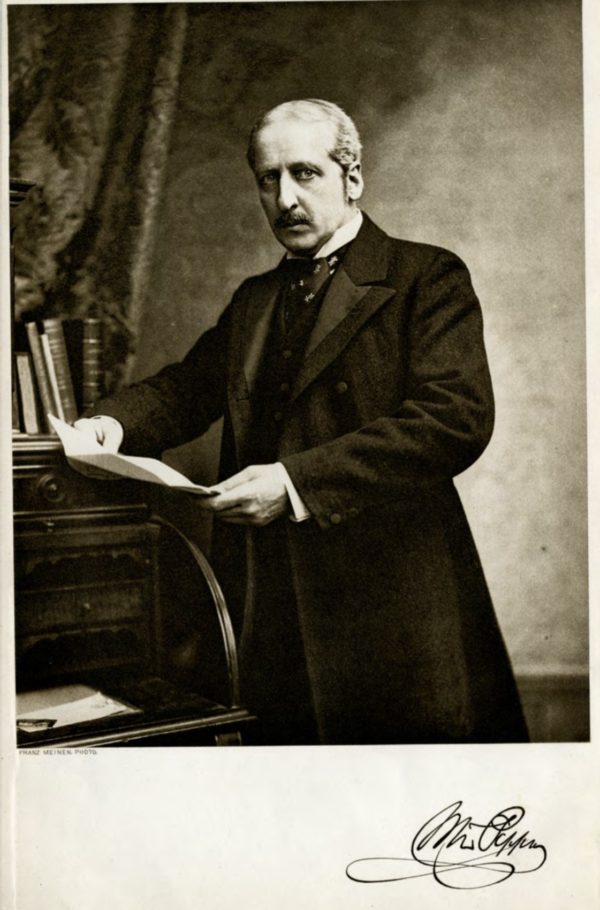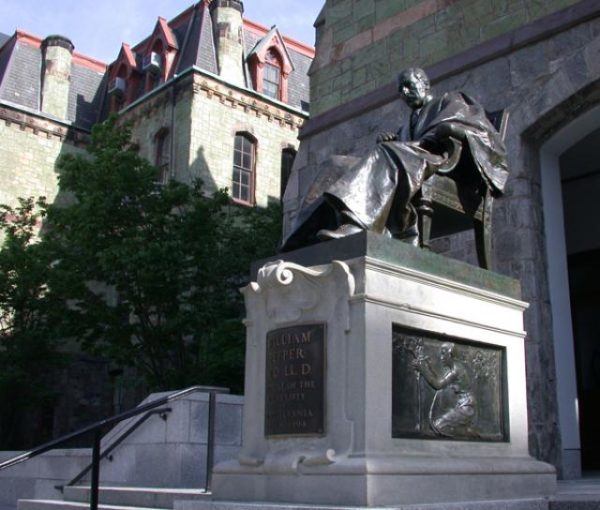William P. Pepper
William P. Pepper, M.D.,Sigma, 1857, Phi Alpha 1892

William P. Pepper, M.D.,Sigma, 1857, Phi Alpha 1892, was a leading physician, medical school educator and civic leader. He taught at the University of Pennsylvania Medical College from 1868 to 1895. Along with his pioneer contributions to medicine – his description of malarial parasites, the role of bone marrow in pernicious anemia, and the modern treatment of tuberculosis, Dr. Pepper made significant reforms in medical education. His efforts resulted in a remarkable number of firsts for the University of Pennsylvania Medical College; the first teaching hospital affiliated with a university medical college (1874), the first nurses training school (1887) and the first laboratory of clinical medicine(1894).
As the Eleventh Provost of the University of Pennsylvania (1880-1894), he led the University through an extensive period of growth, effectively creating the modern University of Pennsylvania with its various graduate schools and programs such as extension courses. In addition to his teaching, administrative duties and clinical practice, Dr. Pepper wrote such books as “Text-Book of the Theory and Practice of Medicine (1893-1894)”

In addition to his responsibilities at the University of Pennsylvania, Dr. Pepper was the founder of the Philadelphia’s first free public library, chartered in 1891, through funds provided by the estate of his late uncle, which became today’s multi-branch public library system. A bronze statue of Pepper by Karl Bitter stands on the south side of College Hall at the University of Pennsylvania. A replica stands on the landing of the main staircase of the Free Library of Philadelphia. In addition, a marble bust, also by Bitter, rests on a wooden base in the Edwin A. Fleisher Collection of Orchestral Music at
the Free Library Library of Philadelphia.
As an Undergraduate, Brother Pepper, was earned his bachelor degree in 1862 graduating Valedictorian of his class and splitting the Senior English Prize. He went on to the Medical School at the University of Pennsylvania and received his Medical Degree in 1864. He was a constant and continuing influence on the Sigma Chapter at the University of Pennsylvania. No fewer than sixteen of his distinguished family followed him into the Sigma, “all remarkable men, great lawyers, great doctors, a university president, and a United States Senator” (as cited in the Story of Zeta Psi).
Brother Pepper along with Henry Ashurst from the Sigma installed the Tau chapter at Lafayette
College in 1857.

College Hall at the University of Pennsylvania.
